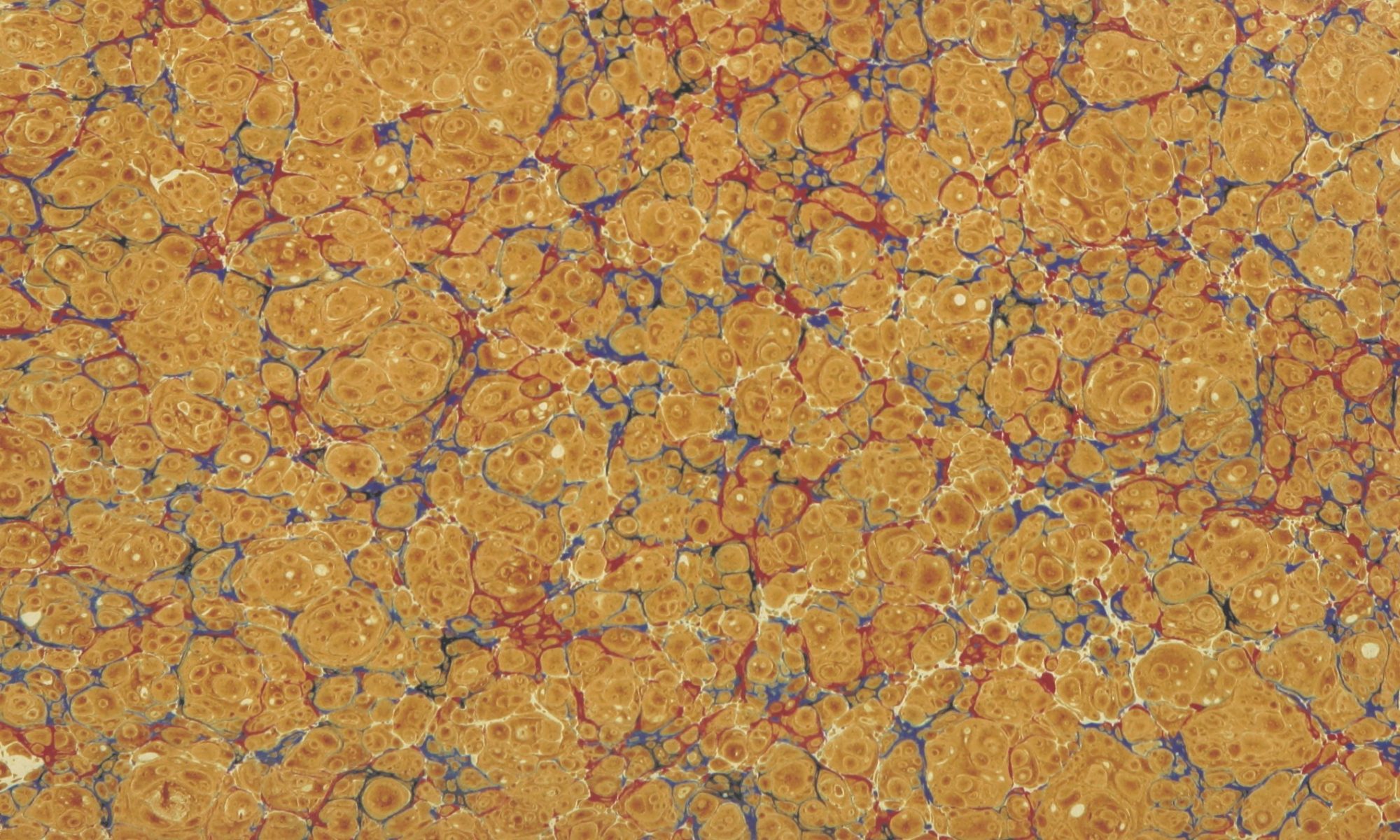
Translated by Julia Behan, Evelyn Blackwell and Emily James (University of Leeds). Read by Evelyn Blackwell
The Obstinance of Water
The hunger of the birds
is not sated by the dawning of spring.
Today I went down to the river
to ask her for her certainty,
for her testimony,
for her strength to carry logs and branches.
Standing on the bridge
I listen to her rising froth’s furious speech.
Words are water. Hope is water.
Relentless flow, undeterred by obstacles
preaching perseverance by example
and sacred obstinance in every swirl.
Ohio River,
I will tattoo your name on my skin if you tell me what you know.
If you share with me your ancient knowledge,
the current’s eternal impulse
which gives you meaning. Tell me whether your murmurs
are an extinct language, an ancestral cry
or a lullaby.
Tell me if you still hold on to the memory
of those who crossed you, furtive,
in their desperate leap to the other side.
No more shackles, no more whips, behind
the fields of white flowers over their shoulders,
hands calloused from drying tobacco under the Southern sun.
Tell me,
did you cry with them when they reached the other side?
To be alive, to be free like a river
while a sparrow picks at the bushes,
plucking off, with light precise pecks,
the small red berries that pepper the branches.
Leído por la autora
Obstinación del agua
El hambre de los pájaros
no se sacia al llegar la primavera.
Hoy he bajado hasta el río
a preguntarle por su certeza,
por su papel de testigo,
por la fuerza con que empuja troncos y ramas.
De pie sobre el puente
escucho el discurso furioso de su espuma alzada.
La palabra es agua. La esperanza es agua.
Fluye imparable, indiferente a los obstáculos
predicando persistencia con el ejemplo
y obstinación sagrada con cada remolino.
Río Ohio,
me tatuaré tu nombre si me cuentas lo que sabes.
Si compartes conmigo tu saber antiguo,
el impulso eterno de la corriente
que te da sentido. Dime si tu rumor
es idioma extinto, grito ancestral
o canción de cuna.
Dime si aún guardas el recuerdo
de quienes te cruzaron, furtivos,
en su salto desesperado al otro lado.
No más grilletes, no más látigos, atrás
los campos de flores blancas sobre la espalda,
las manos agrietadas de secar tabaco bajo el sol sureño.
Dime,
¿lloraste con ellos cuando alcanzaron la otra orilla?
Estar vivo. Ser libre como un río
mientras un gorrión picotea los arbustos
arrancando con golpes leves y precisos
pequeñas frutas rojas que perlan las ramas.
(Amiga del Monstruo. Sevilla: Renacimiento, 2020)
Sitio web de la autora: https://www.mariapazmoreno.com/

